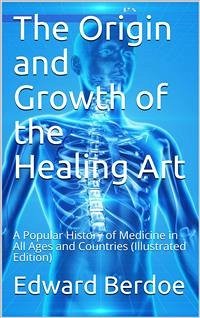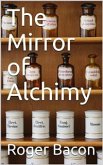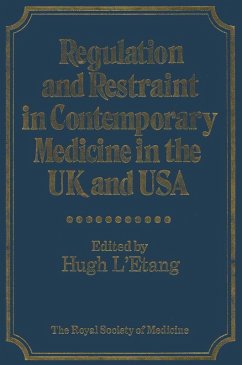Preface
The History of Medicine is a terra incognita to the general reader, and an all but untravelled region to the great majority of medical men. On special occasions, such as First of October Addresses at the opening of the Medical Schools, or the Orations delivered before the various Medical Societies, certain periods of medical history are referred to, and a few of the great names of the founders of medical and surgical science are held up to the admiration of the audience. From time to time excellent monographs on the subject appear in the Lancet and British Medical Journal. But with the exception of these brilliant electric flashes, the History of Medicine is a dark continent to English students who have not made long and tedious researches in our great libraries.
For it is a remarkable fact that the History of Medicine has been almost completely neglected by English writers. This cannot be due either to the want of importance or interest of the subject. Next to the history of religion ranks in interest and value that of medicine, and it would not be difficult to show that religion itself cannot be understood in its development and connections without reference to medicine. The priest and the physician are own brothers, and the Healing Art has always played an important part in the development of all the great civilisations. The modern science of Anthropology has placed at the disposal of the historian of medicine a great number of facts which throw light on the medical theories of primitive and savage man. But most of these have hitherto remained uncollected, and are not easily accessible to the general reader.
Some Opinions of the Press.
“Conscientious and painstaking.”—Times.
“A serviceable book, and deserves to be widely bought.”—The Spectator.
“A book of far-reaching research and careful industry.”—Scotsman.
“A most learned and creditable piece of work.”—Vanity Fair.
“A monument of industry and devotion.”—Bookman.
The History of Medicine is a terra incognita to the general reader, and an all but untravelled region to the great majority of medical men. On special occasions, such as First of October Addresses at the opening of the Medical Schools, or the Orations delivered before the various Medical Societies, certain periods of medical history are referred to, and a few of the great names of the founders of medical and surgical science are held up to the admiration of the audience. From time to time excellent monographs on the subject appear in the Lancet and British Medical Journal. But with the exception of these brilliant electric flashes, the History of Medicine is a dark continent to English students who have not made long and tedious researches in our great libraries.
For it is a remarkable fact that the History of Medicine has been almost completely neglected by English writers. This cannot be due either to the want of importance or interest of the subject. Next to the history of religion ranks in interest and value that of medicine, and it would not be difficult to show that religion itself cannot be understood in its development and connections without reference to medicine. The priest and the physician are own brothers, and the Healing Art has always played an important part in the development of all the great civilisations. The modern science of Anthropology has placed at the disposal of the historian of medicine a great number of facts which throw light on the medical theories of primitive and savage man. But most of these have hitherto remained uncollected, and are not easily accessible to the general reader.
Some Opinions of the Press.
“Conscientious and painstaking.”—Times.
“A serviceable book, and deserves to be widely bought.”—The Spectator.
“A book of far-reaching research and careful industry.”—Scotsman.
“A most learned and creditable piece of work.”—Vanity Fair.
“A monument of industry and devotion.”—Bookman.









